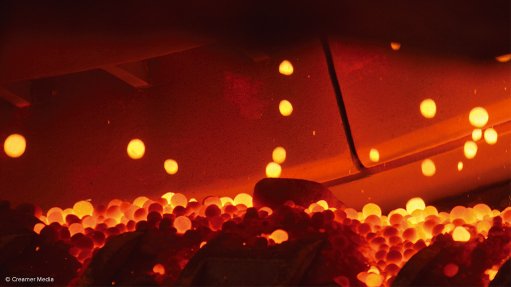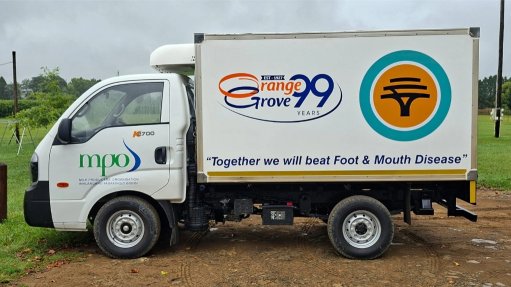Policy implementation a key challenge

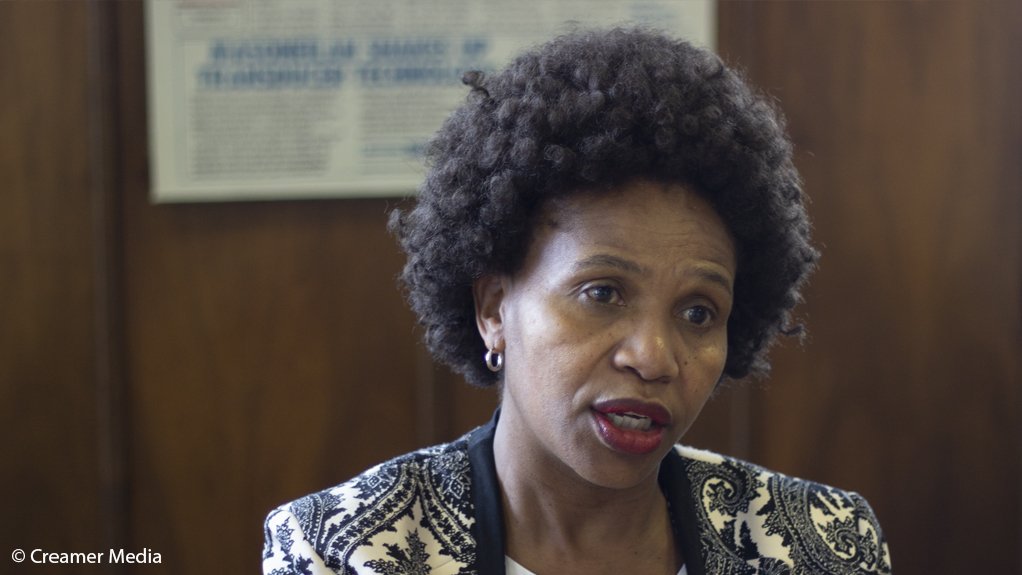
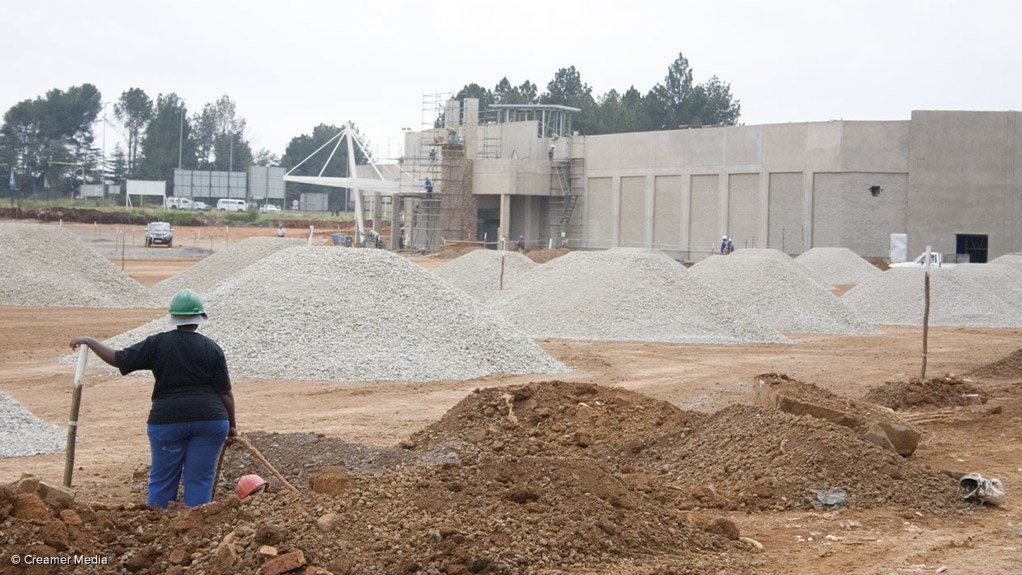
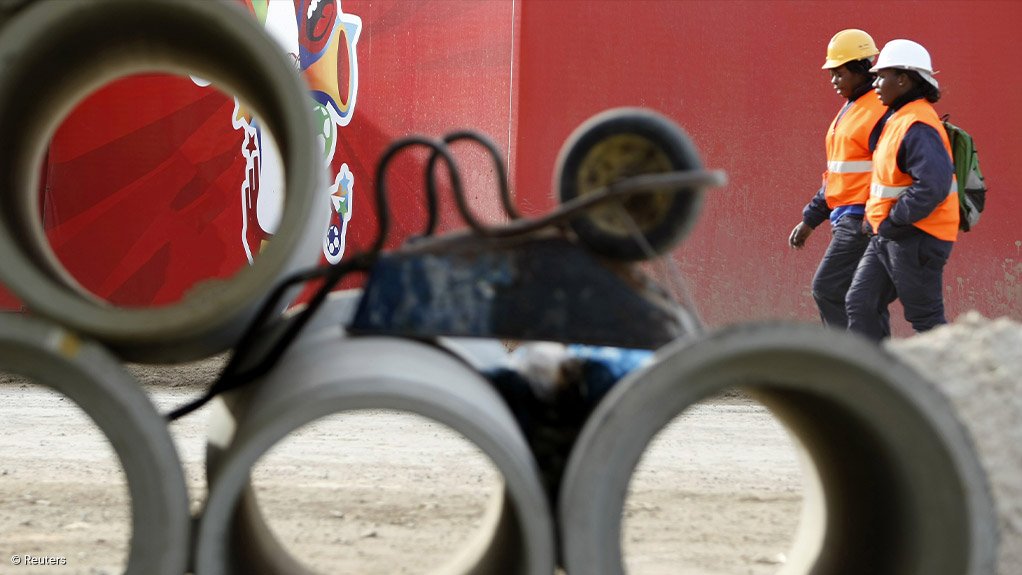
PRISCILLA MDLALOSE Men and women are equally capable but different
SHE CAN DIG IT Women can do the work but work environments need to be more female friendly
BUILDING OPPORTUNITIES FOR WOMEN Successful transformation implementation relies on project availability
Photo by Reuters
Legislative body Council for the Built Environment (CBE) will host its third Transformation Indaba, themed Breaking the Barriers, to address the lacklustre implementation of transformation policies within the built environment professions.
The event will be held on October 9 and 10, at Diep in die Berg, in Pretoria.
“Transformation policies are in place, but how do we expect transformation to occur if these policies are not implemented? If we want transformation for women – especially economically – the industry needs to provide adequate work opportunities for them, in compliance with policies and legislation,” CBE CEO Priscilla Mdlalose tells Engineering News.
She explains that the Indaba aims to investigate the transformation policies adopted by the sector and whether they are being implemented correctly or even at all. The Indaba will also address the concerns and challenges that the built environment sector faces in fostering greater collaboration in terms of realising transformation.
The CBE, which reports directly to the Department of Public Works and Infrastructure, oversees six built environment professional membership councils – the Engineering Council of South Africa, the South African Council for the Architectural Profession, the South African Council for the Landscape Architectural Profession, the South African Council for Project and Construction Management Professions, the South African Council for the Property Valuers Profession and the South African Council for the Quantity Surveying Profession.
Moreover, to recognise town planning as a key built environment profession, the CBE has recently signed a memorandum of understanding (MoU) with the South African Council for Planners to include it as a potential seventh subsidiary going forward.
Meanwhile, in February, the CBE indicated that only 0.3% of registered professionals in the built environment – excluding the town planning profession – are female. However, these statistics also showed progress, as 25% of professional candidates in the sector are female.
Although this may seem as if it is a significant improvement, Mdlalose tempers this view, noting that there are many factors that might prevent female candidates in these specialisations from progressing to registered professionals, the most pertinent of which is finding employment.
“These candidates need to find employment to become registered professionals. For them to do so, they need to be exposed to the work environment and mentorships that are aligned with the learning outcomes required by the different professional councils,” she points out.
Mdlalose notes that the sluggish economy means that construction projects are few, and that this constriction of opportunities creates a bottleneck through which not all 25% of the female candidates will necessarily ‘pass through’.
“We need an enabling environment to allow for these candidates to become registered. This requires greater infrastructure spend from government. However, we also suffer from infrastructure underspend because there is a lack of professionals available to undertake certain projects. It is a complex situation.”
She adds that the private sector relies on the public sector to provide projects, but that the public sector, in turn, relies on the private sector to provide professionals.
“Government wants the private sector to transform, but the private sector needs enough work opportunities to implement this transformation. There needs to be more collaboration,” says Mdlalose.
She insists, however, that the public and private sectors need to take responsibility for their respective roles in ensuring that policy implementation occurs.
Government, for example, needs to ensure that it adheres to the proper timeframes for payment to avoid crippling private companies’ cash flows, while private companies need to ensure that their employees are properly registered professionals to ensure that quality standards are upheld.
The CBE uses several strategies to help minimise gender disparity in the sector, with a focus on addressing the problem at grassroots level, including career awareness programmes, whereby built environment professions are marketed at schools, with an emphasis on piquing the interest of young girls.
“One of the major barriers to ensuring greater female participation is marketing, as advertisements for these kinds of professions are often geared towards males,” Mdlalose points out.
The CBE is also involved within exposing young learners to the built environment professions through a mathematics and science support programme, whereby selected learners – mostly female – are funded to improve their mathematics and science abilities.
It also runs a bursary programme when funds are available, with appropriate levels of female representation ensured in this programme. The CBE is partnering with sector education and training authorities to secure funding for bursaries.
An MoU has also been signed between the CBE and online bursary crowdfunding programme Feenix Trust – founded by finance company Standard Bank – to ensure that more learners have access to bursaries, especially underprivileged females.
Mdlalose says another barrier is unfriendly working environments, which prevents many qualified women from maintaining or enhancing their careers.
She cites a lack of female-friendly ablution facilities at construction sites, a lack of appropriate personal protection equipment for women and a lack of understanding from the male-dominated culture towards uniquely female health challenges.
“Men and women may be equally capable of doing the work, but there is a difference between the genders. Therefore, the kind of support required differs,” she concludes.
Article Enquiry
Email Article
Save Article
Feedback
To advertise email advertising@creamermedia.co.za or click here
Press Office
Announcements
What's On
Subscribe to improve your user experience...
Option 1 (equivalent of R125 a month):
Receive a weekly copy of Creamer Media's Engineering News & Mining Weekly magazine
(print copy for those in South Africa and e-magazine for those outside of South Africa)
Receive daily email newsletters
Access to full search results
Access archive of magazine back copies
Access to Projects in Progress
Access to ONE Research Report of your choice in PDF format
Option 2 (equivalent of R375 a month):
All benefits from Option 1
PLUS
Access to Creamer Media's Research Channel Africa for ALL Research Reports, in PDF format, on various industrial and mining sectors
including Electricity; Water; Energy Transition; Hydrogen; Roads, Rail and Ports; Coal; Gold; Platinum; Battery Metals; etc.
Already a subscriber?
Forgotten your password?
Receive weekly copy of Creamer Media's Engineering News & Mining Weekly magazine (print copy for those in South Africa and e-magazine for those outside of South Africa)
➕
Recieve daily email newsletters
➕
Access to full search results
➕
Access archive of magazine back copies
➕
Access to Projects in Progress
➕
Access to ONE Research Report of your choice in PDF format
RESEARCH CHANNEL AFRICA
R4500 (equivalent of R375 a month)
SUBSCRIBEAll benefits from Option 1
➕
Access to Creamer Media's Research Channel Africa for ALL Research Reports on various industrial and mining sectors, in PDF format, including on:
Electricity
➕
Water
➕
Energy Transition
➕
Hydrogen
➕
Roads, Rail and Ports
➕
Coal
➕
Gold
➕
Platinum
➕
Battery Metals
➕
etc.
Receive all benefits from Option 1 or Option 2 delivered to numerous people at your company
➕
Multiple User names and Passwords for simultaneous log-ins
➕
Intranet integration access to all in your organisation












